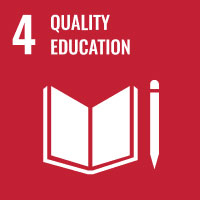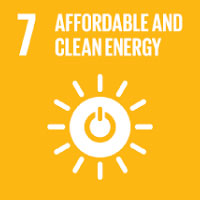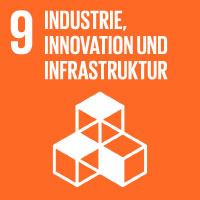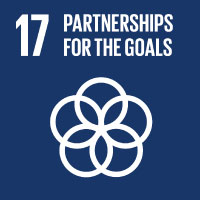- +1 (587) 325-0234
- info@icaset.in
- Chennai , India
Electrical & Electronic Engineering
Session Overview
This session explores the latest research, innovations, and applications in electrical and electronic engineering. Topics include power systems, renewable energy, control systems, electronics, microelectronics, communications, and signal processing. It aims to foster collaboration, address current challenges, and promote sustainable, efficient, and intelligent solutions.
Tracks
Topics of Interest for Submission include, but are not limited to:
1 Electrical Engineering Materials
2 Electric Power Generation
3 Transmission and Distribution
4 Power Quality
5 Power Economic
6 FACTS
7 Renewable Energy
8 Electric Traction
9 Electromagnetic Compatibility
10 High Voltage Insulation Technologies
11 High Voltage Apparatuses
12 Lightning Detection and Protection
13 Power System Analysis
14 SCADA
15 Electrical Measurements
16 Economic aspects of power quality and cost of supply
17 Reliability and continuity of supply
18 Power quality in grids with distributed generation and renewable energies
19 Energy efficiency in industry
20 Education and power quality
21 Electrical Engineering Materials
22 Electric Power Generation, Transmission, and Distribution
23 Power Quality and Economics
24 Nanoelectronics and Microelectronics
Electrical & Electronic Engineering is contribution to
The
Sustainable
Development Goals:
Goal 4: Quality Education
Goal 7: Affordable and Clean Energy
Goal 9: Industry, Innovation, and Infrastructure
Goal 17: Partnerships for the Goals
Scope of Participation – ICASET 2026
- Academics & Researchers : Present cutting-edge research, engage in interdisciplinary dialogue, and explore emerging trends that are shaping the global scientific and engineering landscape.
- Engineers & Technology Experts : Showcase advancements in engineering practices, innovative designs, and real-world applications that address complex technical and societal challenges.
- Industry Professionals & Innovators : Highlight industrial breakthroughs, applied research, and technology-driven solutions contributing to efficiency, sustainability, and economic growth.
- Environmental & Sustainability Advocates : Discuss eco-friendly innovations, sustainable infrastructure, and green technologies for building a cleaner, resilient future.
- Students & Early-Career Scholars : Present novel ideas, connect with experts, and gain valuable exposure to enhance both academic and career pathways.
The 5th International Conference on Advances in Science, Engineering & Technology (ICASET 2026) invites a diverse community of professionals, researchers, and innovators to share insights, foster collaborations, and drive transformative developments in science, engineering, and technology.
Session Speaker

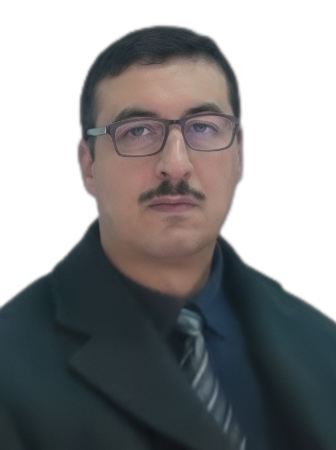
Prof. Dr. Yahia Kourd
University of Souk Ahras,
Algeria.



